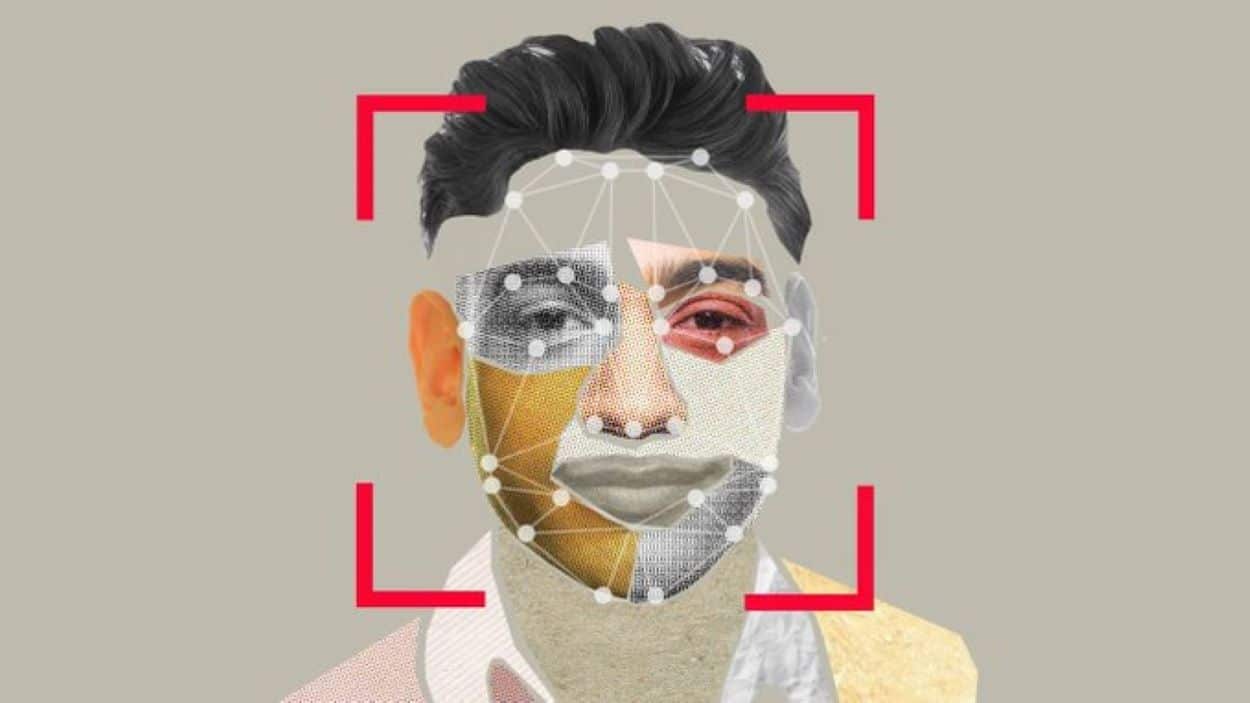After pausing for three years due to privacy concerns and regulatory challenges, Meta reintroduced facial recognition technology on Facebook on Tuesday. The company plans to use this technology to address “celeb bait” scams.
Meta will start with a trial involving about 50,000 public figures. The software will compare their Facebook profile photos against images in suspected scam advertisements. If the software detects a match and identifies the ads as scams, Meta will block them.
The trial is set to launch globally in December. Still, it will exclude regions like Britain, the European Union, South Korea, and the US states of Texas and Illinois, where regulatory approval is still pending.
Monika Bickert, Meta’s Vice President of Content Policy, explained that the initiative protects public figures frequently impersonated in scam ads. This move comes as Meta seeks to balance advanced technology with regulatory compliance and public concerns over data privacy.
Furthermore, Meta is addressing legal challenges for not sufficiently preventing celeb bait scams, which often use AI-generated images of celebrities in fake investment schemes to defraud users.
Under the new protocol, Meta will delete any facial data generated during the trial immediately after its comparison with scam ads, regardless of the outcome.






